“Have good dreams, brother.” This is what I hear over and over every evening as I leave the Social Development Center, a home for 15 children in Kathmandu. In the morning, I am greeted with “Namaste” (palms together, fingers pointing upwards in front of chest) and “Did you sleep well, brother?” The children at SDC are a family, though they have arrived at this special home under varying circumstances. Some came in sibling groups while others came alone. Most have lived here for ten years or more. They range in age from “about 8” to late teens.
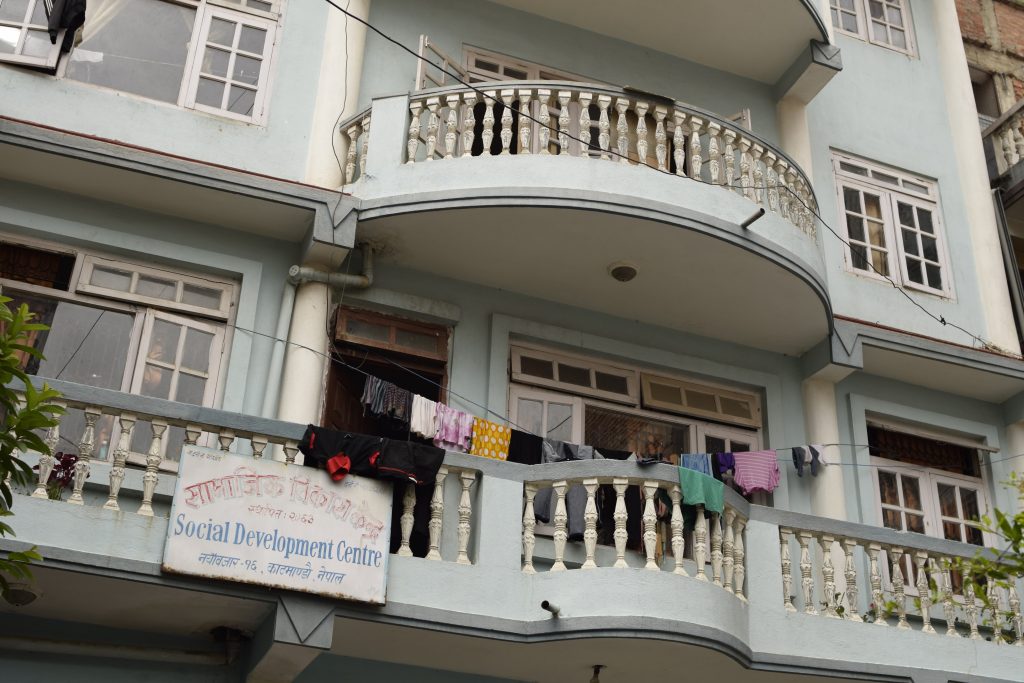
I have only spent about two days at the home as of this post, but have already noticed a lot that sets this home and the children apart from others I have visited. I remember visiting orphanages in South America and having children literally crawl over me and cling to me, begging to be held at every moment. It’s easy to enjoy these moments and the affection given by the children, but it’s also a sign of how desperate they are for attention. Through no fault of their caretakers, they just do not receive the kind of attention most children need.
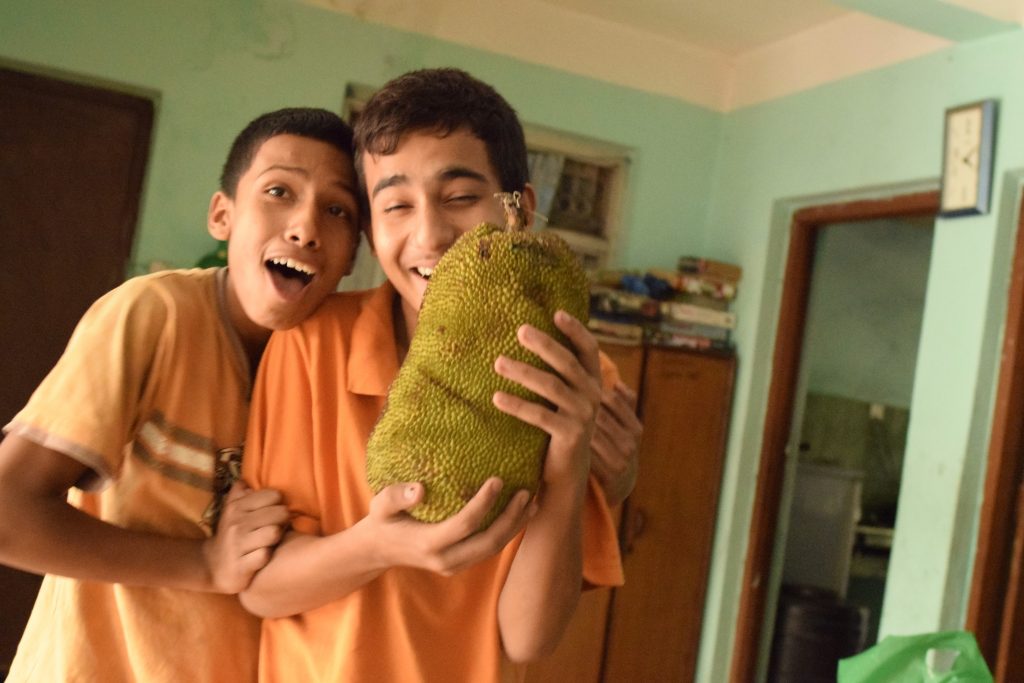

At SDC, there is no crawling or clinging. The children were very much interested in me, asked hundreds of questions, were extremely polite, and would even grab my arm or, in the case of the eight-year-old, sit on my lap. But they were never clingy. They were just as interested in what their brothers and sisters were doing. In short, they are a family. If it’s snack time, Sugrit jumps off my lap for his boiled egg. When dinner is served, Dipesh will hand me my camera and head towards the kitchen to get his plate. Chek loses all interest in my iPod if his brothers start a soccer game outside, even if the ball is a pingpong ball. No one is attached to outside influences, they are attached to each other.

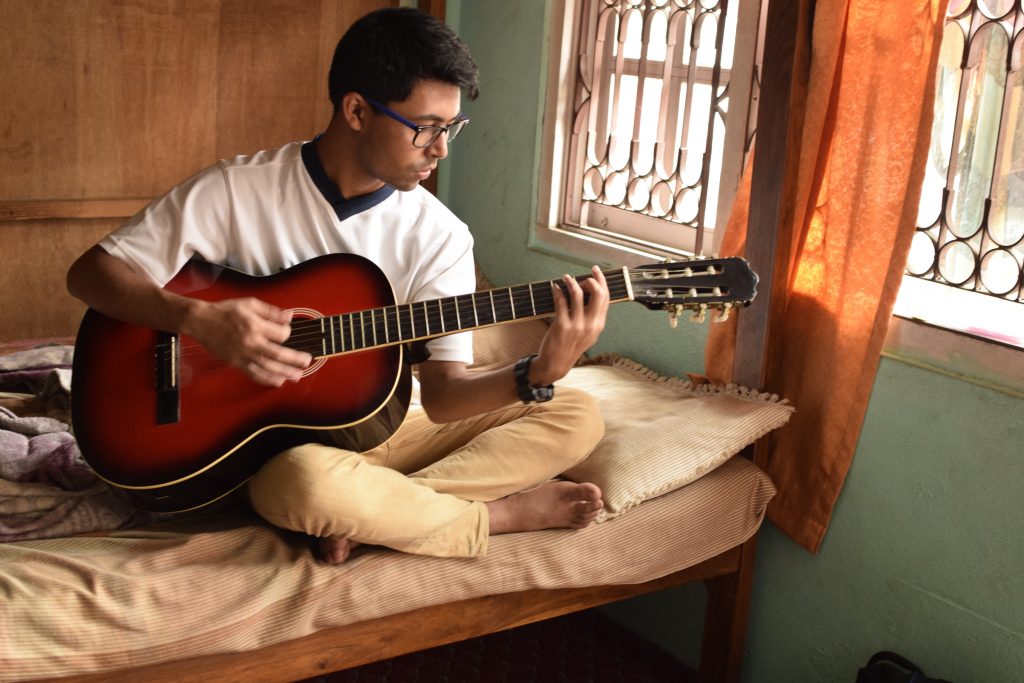
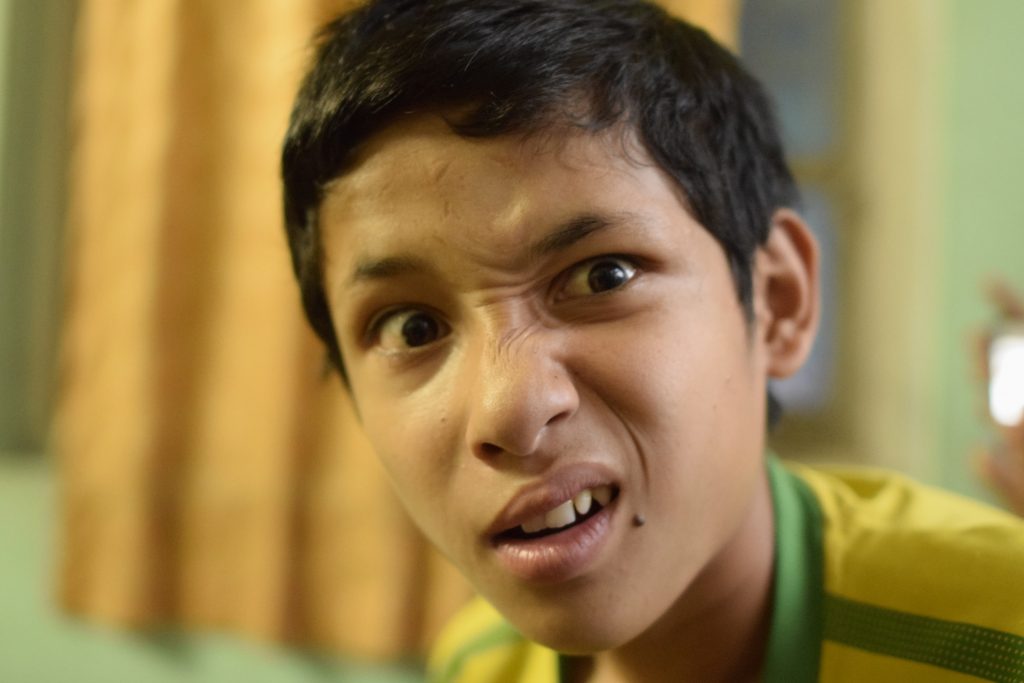
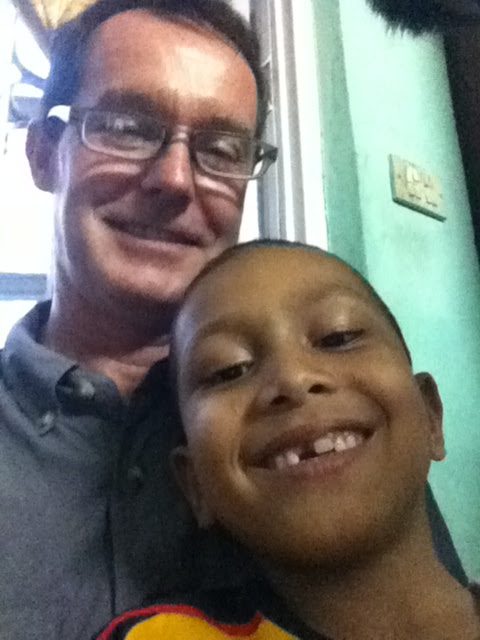
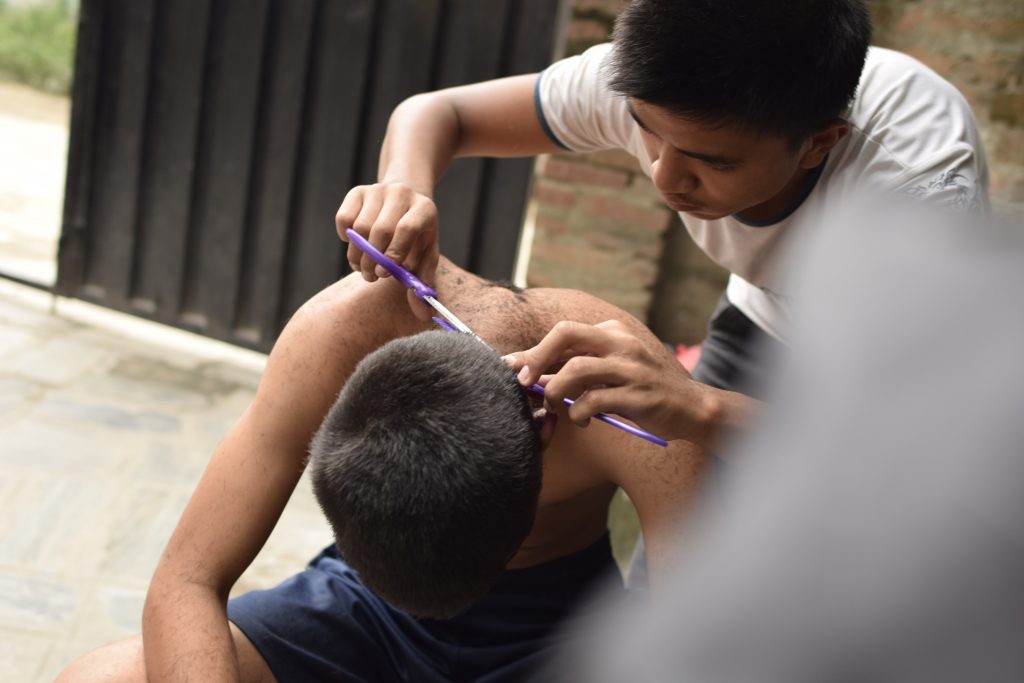
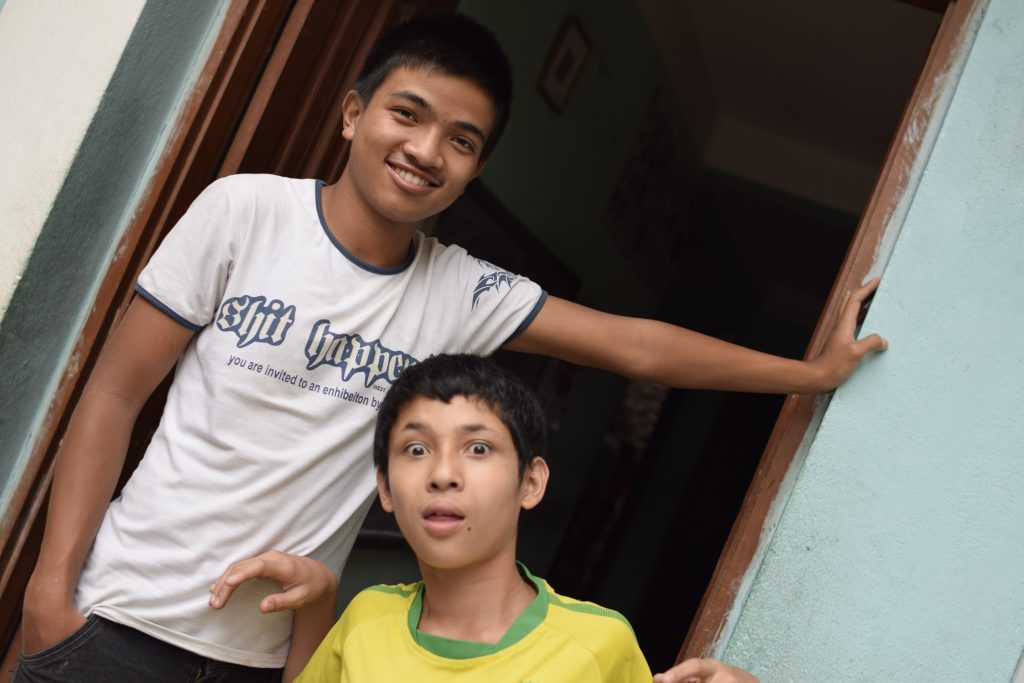
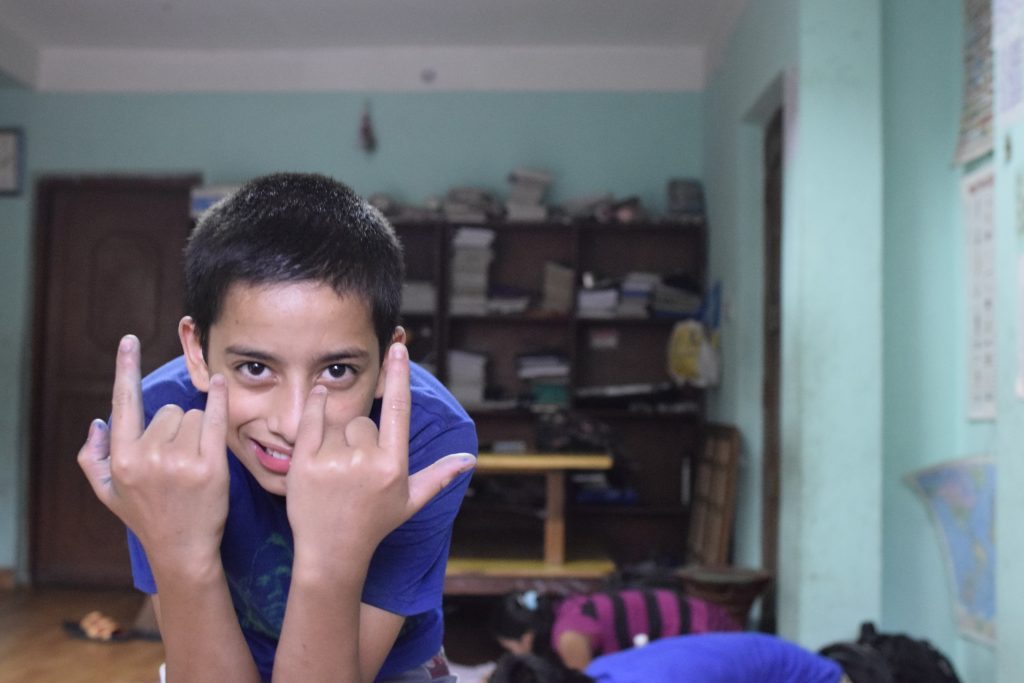
It is amazing for me to see 15 children sitting on the floor around two low tables, focused intently on their homework. After spending the day in school and having a snack at home, they will work for two-three hours more on homework. Some are studying chemistry and physics, others are doing algebra, and Sugrit is reading stories in English and answering questions. All of them have a list of assignments for each subject and move from one to the next with barely any complaints. I have rarely seen students in my class maintain such focus for an extended period of time. I’ll plan on visiting some schools this week and am sure to have a lot more to say about it.
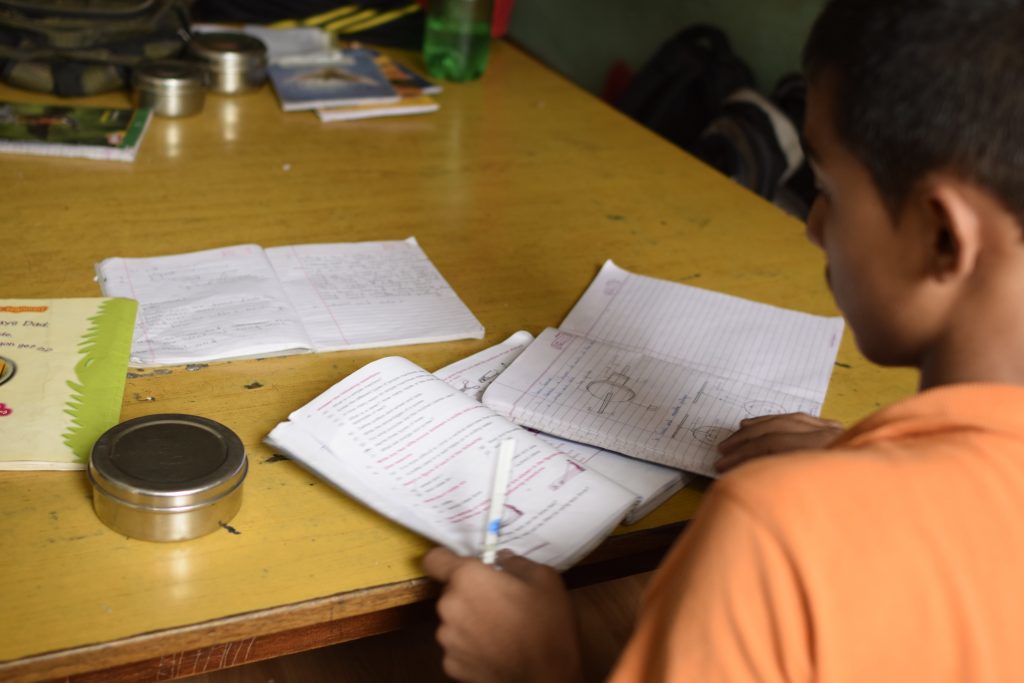
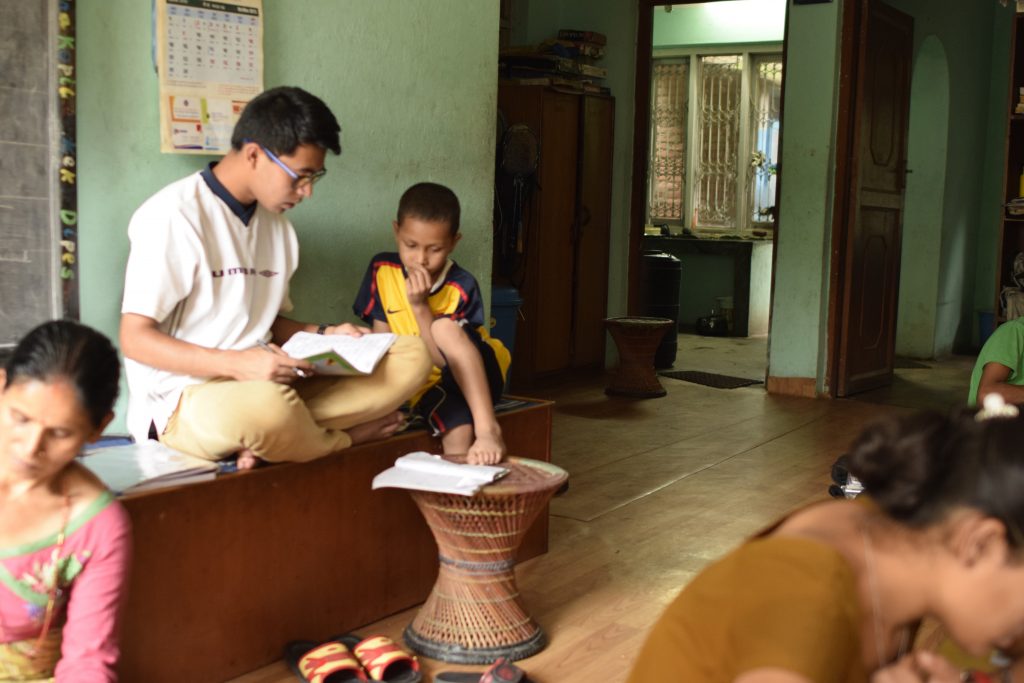
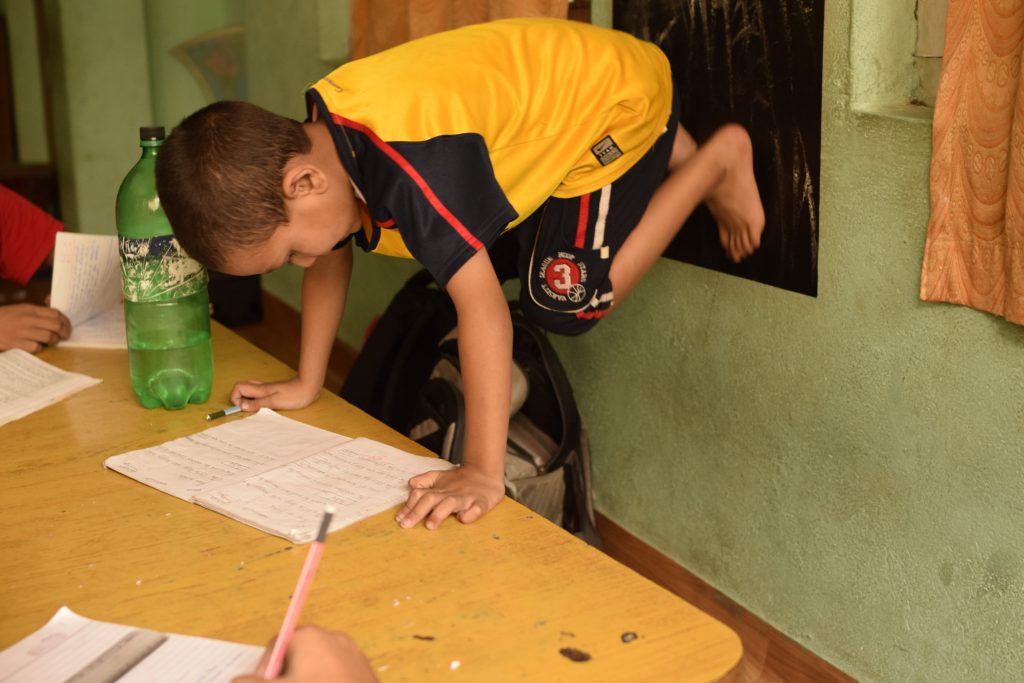
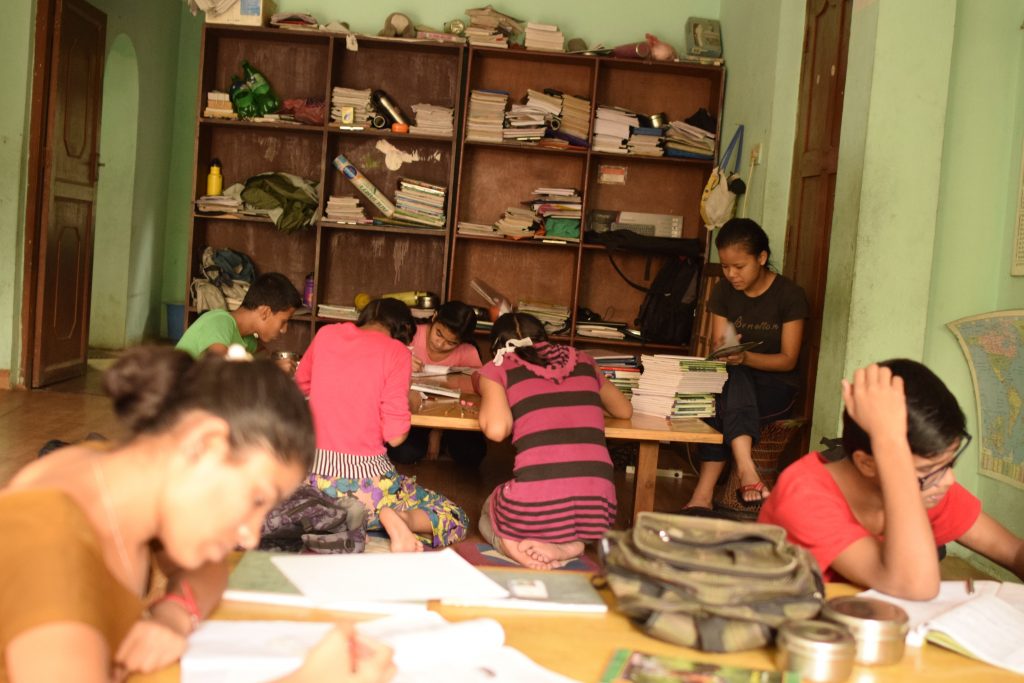
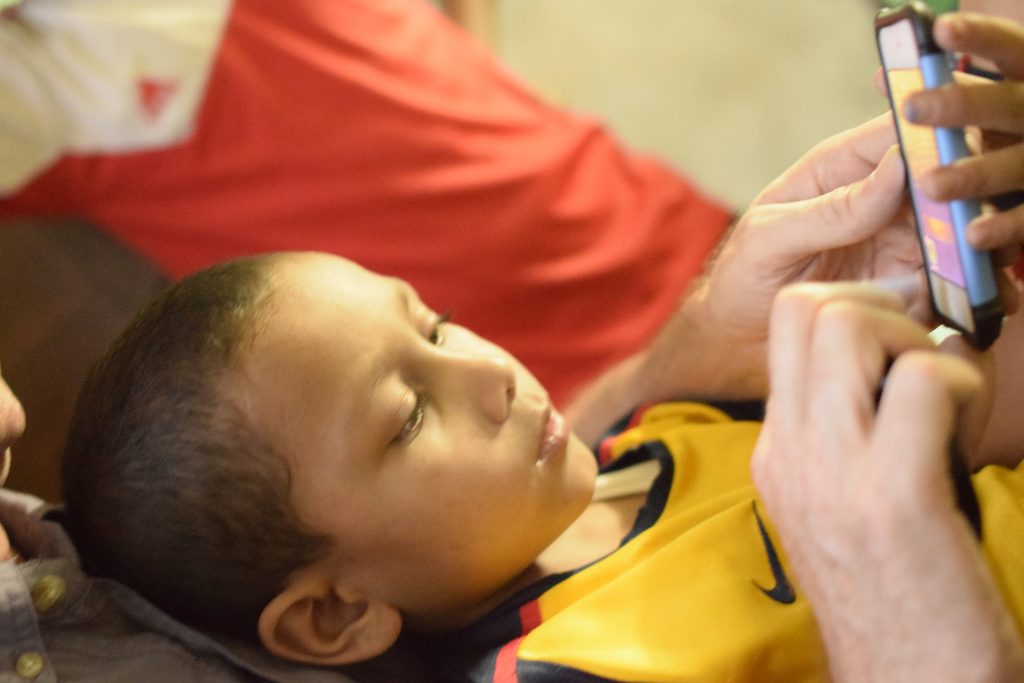
Time to study my Nepali numbers, which Dipesh is so patiently trying to teach me. (I’ve only mastered one, two, and three.) I am sure I’ll have good dreams tonight.

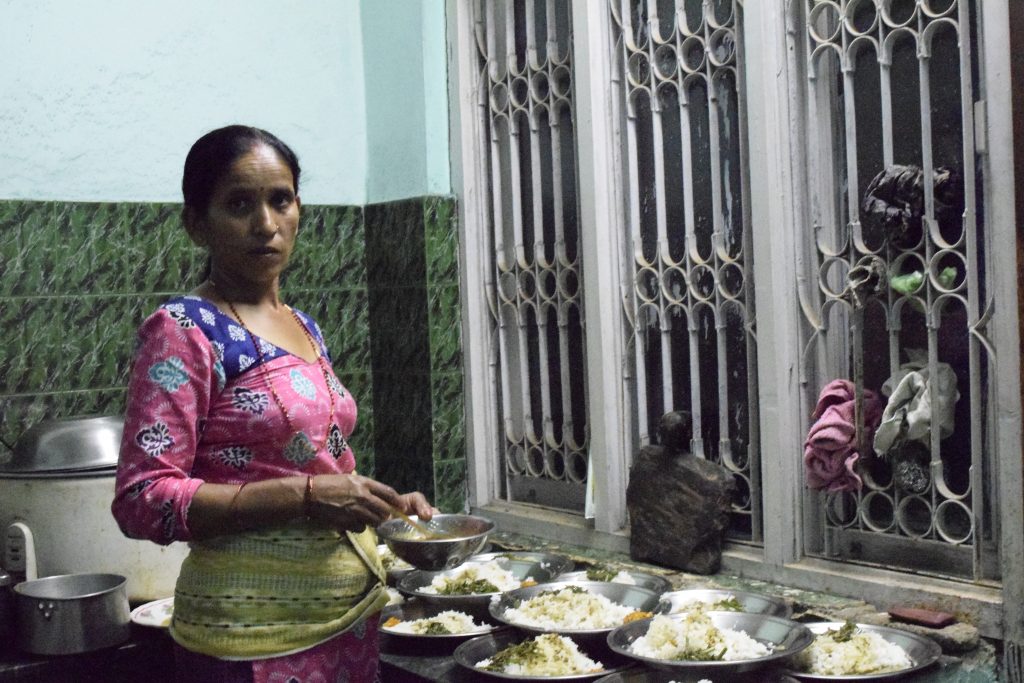


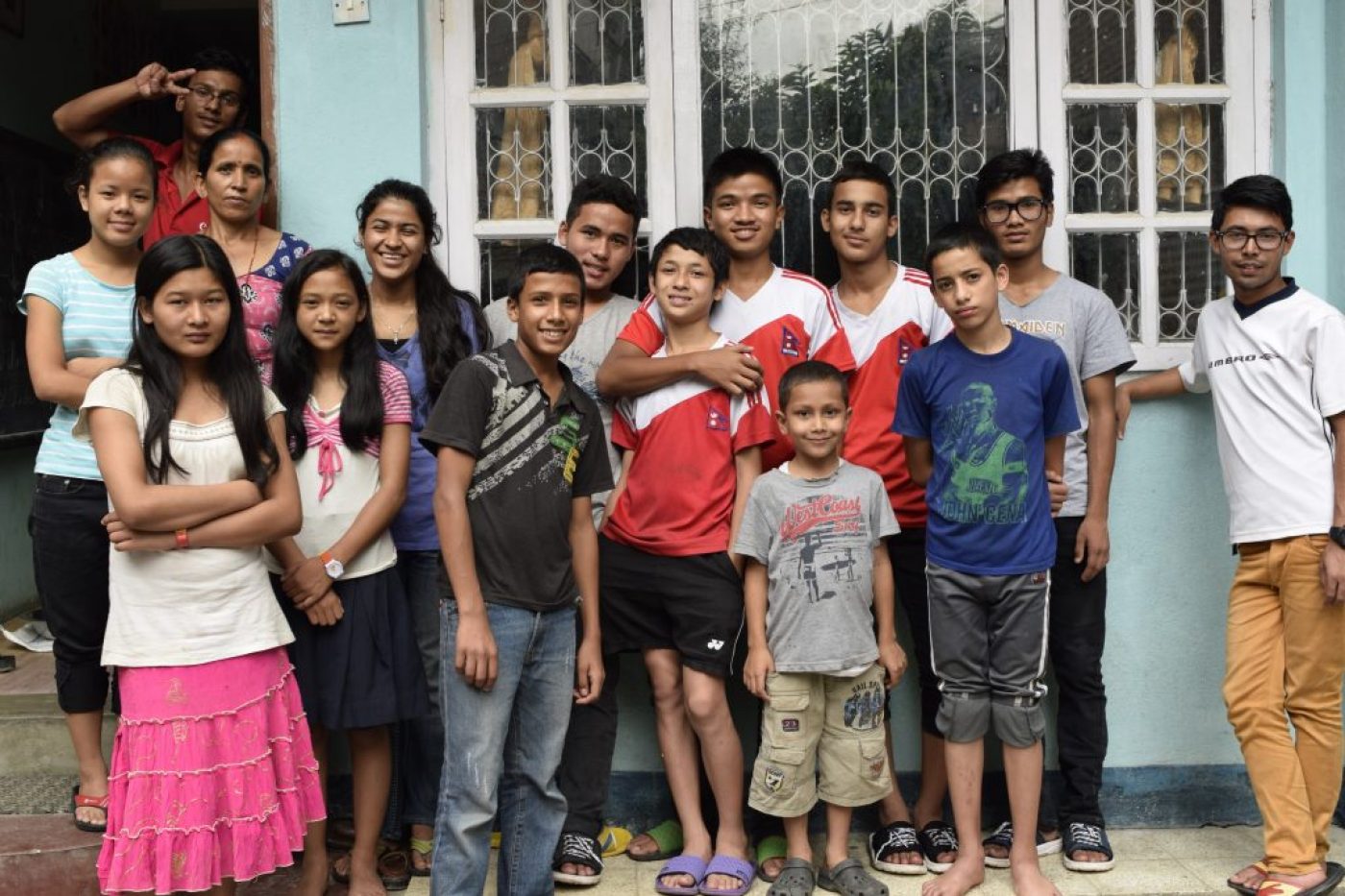
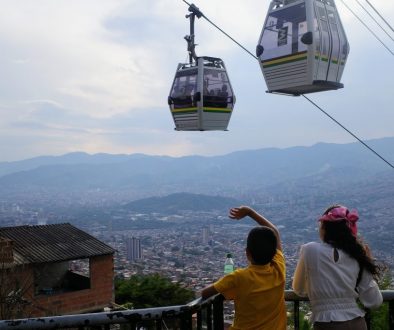
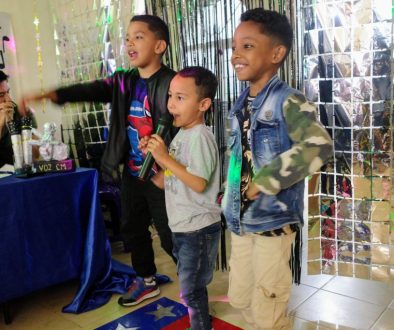
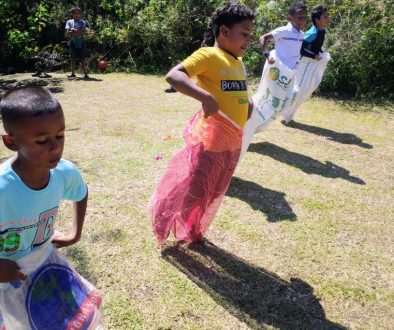
Why Do They Do It? | The Alternate Route
December 11, 2022 @ 18:35
[…] with children only to leave them after a few weeks or months? I wrote about some of these issues in a post last year while volunteering in Nepal and will certainly be writing more about it in the […]
The Real Reason Why Cheap Travel is So Rewarding | The Alternate Route
January 12, 2024 @ 17:13
[…] one of my first volunteer travel experiences in Nepal (2015). I’m still in touch with some of the people I met […]